Accounting students have strong similarities
The personality traits of all students pre-disposes them to certain thought processes, beliefs, strengths and weaknesses. We often find ourselves saying that ‘students generally…’ or ‘most students…’ and a lot of lecturers indicate that students behave in similar ways.
This is not intended to box all students into the same category in order to create a ‘one-size-fits-all’ approach, since every student has different backgrounds and experiences. However, there’s no question that there are strong similarities and common challenges among groups of students. I’ve included a short explanation as to why there is such a strong similarity amongst accounting students. You can read that here.
Understanding our underlying beliefs and thought processes helps us identify what works in our favour for our goals, and what we need to work on. Without this self-awareness, we may approach every goal the same way, while not understanding that as things change, so do our approaches. This causes a lot of frustration, stress and anxiety.
Our belief system affects our actions
Our belief in how the world works frames our actions, decisions, and how we interact with the world. In most cases, this is so subconscious, that we don’t even think of it. It’s such an embedded knowledge, that we don’t question it, but it shapes our actions.
Example:
We believe that when we walk into a shop and take something off the shelf, we have to pay for it before we leave the shop. It does not occur to us that there’s an alternative approach. We don’t question this, interrogate it, or try fight it. It’s an accepted, understood knowledge that shapes our actions. If someone told us we had the choice to leave without paying, we’d be horrified. That’s not how the world works. That’s wrong!
We’ve grown up with certain experiences, role models, lessons, and an understanding of right and wrong. This creates our belief. It shapes our actions every day. We don’t question it.
If experiences, lessons, the understanding of right and wrong, or good and bad, shape our beliefs, then we will have certain beliefs about studying and learning as well. If we were praised for certain things in school, we would see those as ‘good’ or ‘right’. If we got into trouble, or just weren’t praised for other things, we’d see these as ‘bad’ or ‘wrong’. Feedback we get from the world around us shapes our values and beliefs.
Thus, when I talk about students and their approach to learning, I raise the question of their beliefs. What fundamental beliefs shape your learning? What do you unconsciously believe about how learning works? What’s good and bad?
Our experiences, especially in school (we’re focussing on learning here, so I’m limiting this discussion to this area), shape our mindset and related beliefs. This is why I focus so heavily on mindset with my students.
Growth Mindset Challenges
Most accounting students I’ve come across lean more towards a Fixed than a Growth Mindset. (Referring to Prof Carol Dweck’s work on Mindsets). I’ve written a few articles on why I believe this is the case, and how it affects students:
These beliefs are not articulated or conscious
It’s important to realise that these are often not articulated, or conscious thoughts. In fact, because of the many years of studying, and the constant messaging they hear about what they ‘should be’ thinking and doing, they’re more likely to disagree with these at first. They KNOW what the appropriate and acceptable responses are. Once you unpack their behaviour, and the source of their stress and anxiety however, you start to see that their habits, actions, fears and stresses are connected to fixed mindset types of thinking and beliefs. Once they understand this, most students acknowledge that deep down, this is indeed how they feel and instinctively react.
Common Fixed Mindset Beliefs
“Being smart means I’ll get it right”
Fixed’ers (as I call people with fixed mindsets!), tend to have a very important and emotional association with getting things right. For all the reasons that they became fixed’ers in the first place, being smart is VERY important, and if you’re smart, you’ll get stuff right. The quicker you get it right, the smarter you are. Thus, if you take longer to get it right, you’re clearly not as smart.
Understanding something, working through it, interrogating it, really thinking about information is not prioritised at all. If you can’t ‘get it right’, then you’re wasting your time. The knowledge itself, the learning, the professional skills it may build towards are not a priority. The priority is to ‘get it right’. That means that you’re smart.
“I can either do it or I can’t”
Their belief is that learning will either come easily, or not at all. This is a very binary approach to learning.
They may not consciously articulate this, but it plays out in the immense frustration and stress they feel when they don’t get things right the first time, when they struggle to understand something the first time they hear it. They tend to disengage and avoid the areas because it makes them feel uncomfortable. It creates self-doubt and they often question whether they should be pursuing this qualification goal after all.
Someone with a growth mindset genuinely, instinctively, believes that they will improve, learn, progress and master the work, even though they’re currently struggling. They do not feel the same sense of anxiety and self-doubt.
- People who don’t have a growth mindset are not comfortable with the idea that they may need to struggle through something and grapple with it, practice it, ask questions, interrogate their thought process. They want to get it right first time, every time.
- This also means that if they try a question and fail it the first time, they’re unlikely to want to try again, and will try avoid it going forward
- They feel that failing that first question ‘means’ that they’re going to fail the exam. Again, not consciously articulated, but the stress levels and anxieties they feel are not reflective of someone who believes that with a little work, they’ll get it right.
“I’d rather not try, than try and fail it”
The fixed mindset beliefs include the perception that failure is a major flaw and indicates ‘stupidity’, and is to be avoided at all costs.
They avoid practice questions until they feel ‘ready’ to pass. For them, competence is about having that feeling that you KNOW what you’re doing, and will KNOW the answer for any question you’re asked.
There is a logic to this, which is why it’s so incredibly tough to shift behaviour here. It feels irresponsible to attempt to do something that you know you’re not ready to do, or not yet competent in. If you can’t pass it, then you’re not ready to try.
“If I have to put in this much effort, I must be stupid”
Coupled with the statements above, they believe that if it’s difficult for them to do, it must be because they’re stupid, and they won’t be able to do it
A lot of students on the Accounting path gravitate to it because they got good marks in school, or had a smooth learning journey (by smooth, I mean that they didn’t have to struggle to understand work. They may not have gotten great marks, but that may have been because they didn’t put a lot of work in. A ‘smooth’ journey means that they generally understand things easily, what they choose to do with it after they heard it, may affect their results)
They were probably praised for their marks, rather than the effort that went into it. Putting effort in, and not getting the ‘right’ results means that something has gone wrong
Compare this to a student who struggled in school, who needed help and additional time and assistance to understand and work with the information, only to get average or mediocre marks. Their parents and teachers would have praised their effort and the journey, because they couldn’t praise the outcome. These students will be more likely to feel that there’s value in the learning process, and that putting effort in is valuable
The shift in complexity levels and learning needed from university compared to school means that effort increasingly becomes more important, and is more likely to result in lower marks. Learning becomes less about getting things right quickly, and more about problem solving, thought processes and understanding. But they’re still operating with a ‘get it right first time, every time’ belief system.
- Marks don’t come as easily in university as it did in school, and this is a source of stress, anxiety and often self-doubt. “What does this mean for my future career?”
- They will avoid subjects that don’t make them ‘feel’ smart. Again, this often isn’t intended or planned. They know they need to work on all their subjects, but when they look back on the week / month’s studying they’ve done, they’re generally surprised to find that they’ve spent very little time on the subjects they struggle with the most. It’s an unconscious avoidance.
- Logic dictates that you should spend more time on topics that you struggle with. Their fixed mindset means that they avoid them, and gravitate back to the subjects that make them ‘feel’ smart.
Perfectionist Beliefs
Perfectionism has been seen for a long time as a great trait and a pre-cursor for success, especially as an accountant, so they want to increase and work on this trait, rather than find balance. Most students I talk to still refer to this trait with a sense of quiet pride. They have a sense of “I’m struggling because I want to do things properly and well and want to achieve great things. I’m not satisfied to accept sub-par work from myself, I expect more from myself, so naturally I’m going to struggle more, but it will be worth it because I’ll be successful this way.” This also makes it difficult to work with, because they’re more likely to want to improve their perfectionism and the idea of the success it can bring them, than lose it!
Some students deny that they’re perfectionists because they don’t get ‘high’ marks. This means they don’t really understand the concept of a perfectionist nature, so they also feel the drawbacks don’t apply to them.
Common Perfectionist Beliefs
“Don’t try, unless you know”
For a perfectionist, competence is about KNOWING the answer. If you’re a master of your subject, you will KNOW the answer to any problem and have the solution to any situation you’re presented with.
The practical outcome of this is that they’re unwilling to ‘try’ something before they KNOW they can do it (this is further embedded with the impact of a fixed mindset), so they don’t attempt questions until they’re ‘ready’ to pass
- Attempting questions are an important part of the learning process, however, they see this as a weakness and a waste of time, because they “Don’t know enough yet”.
Their belief is that you do a task only when you’re ready and feel competent.
“I have to finish this”
They believe that finishing things, and doing them properly, is incredibly important. You do not move on until you’ve mastered this concept
They can often ignore the overall topic and conceptual understanding to hone in on little things because they can quantify the accuracy and completion of the smaller details, and it speaks to their resonance with theory, details and the idea that you are more competent if you can do the complex things.
They will focus on small details, to the point where they won’t finish their studies because they can’t “let it go” when they don’t know something. They always think that THIS will be the thing that makes them fail.
They HAVE to finish one topic to their satisfaction before they move on. And they have to finish a question in an exam before they move onto the next one. .
Time management vs finishing
Deadlines are not as highly valued as finishing a job properly.
Time management is less important than their ability to finish the topic to their standards and expectations. Lecturers spend a lot of time telling students to MOVE ON in exams, and this only happens after a LOT of telling, a lot of uncomfortable practice, and generally only when they’ve failed a test and can see that attempting and trying to finish each question instead of following time management guidelines are part of what cost them their pass.
Most students indicate that they can’t finish the syllabus in the allocated time. They don’t work backwards from the exam and divide their time, moving on when they need to. They will work on a topic until they’re ‘ready’ to move on, they’ve mastered all the contents and feel comfortable with it.
Having vs Building solutions
“If you know your stuff properly, then you’ll know the answer to any problem.”
Coupled with the points above, this has a huge impact on their learning.
The ‘know’ part of this belief is CRUCIAL to understanding how these students struggle with uncertain, new case studies and problems, and with subjects that don’t have format-driven, formulaic answers. There’s a big difference to KNOWING an answer, and BUILDING an answer. A perfectionist doesn’t inherently understand how ‘building’ an answer works.
They want templates, examples, formats, formulae, rules, structures, steps for any task they attempt. They want to KNOW what the shape of the solution should be. They want to be sure that they’ll know what the right answer is, and how to get there, consistently.
Example:
‘Know’: 2 + 2 = ?
‘Build’: 2 + 2 – (4 X 8) + 368 – 24 / 98 = ?
You can ‘know’ the answer to the first problem because you’ve seen it so many times. You look at the problem, and you KNOW the answer. The second problem, you don’t KNOW the answer, you have to BUILD it. You have to use some kind of problem-solving methodology to arrive at an answer, but you won’t KNOW it as soon as you look at it. Perfectionists feel uncomfortable with this, unless they have rules, steps and templates to consistently apply.
The idea of taking a problem, breaking it down and slowly working at the components to build an answer with no template, ideal answer, or format is highly uncomfortable. They struggle to understand problem-solving methodologies, rather looking for specific steps to answer each type of question and problem.
Beliefs need to change as outcomes change
Most students believe that there will be more work, harder work, more complexity and details as they move to higher levels, but they’re not aware of the fundamental shift in learning expectations and outcomes. So they approach university the same way they approached school. They just study for more hours to get the volume of work in, and spend more time on the topics to address the complexity, but they’re still using the same habits, learning styles, approaches and understanding of how learning ‘works’.
In school, and as they were building their belief systems, memory learning, formats, patterns, specific steps and theory were a big feature in their learning worlds. Students who excelled in these areas were generally encouraged to follow a career in accounting, so we have a group of students who have similar beliefs.
Moving from work that was highly rule-based, memory focussed and formulaic, to professional problem-solving of new, unseen problems using guidelines and applying understanding (but not formats), is something that they’re not prepared for. Often as lecturers, we spend time on the topic and the material, thinking that once they spend some time with it, they’ll get the hang of it, but we’re not addressing the underlying beliefs that are unconsciously driving their understanding of how they should be engaging with, and working on the information. Thus, they revert back to their habits and approaches as soon as they’re left alone.
There is very seldom a specific discussion around how their belief system and how things ‘work’ in school differ from university and higher levels of learning. This would be incredibly valuable, since it would help students understand why they’re uncomfortable, and why it’s important to consider how to shift their beliefs and actions where necessary. I believe that this will greatly reduce their stress and anxiety as they move to higher levels of studying.
I have huge respect for accounting students
A lot of our personality traits are double-edged swords. With every pro, there’s a probable con. We need to learn what these are, so we can improve our balance, and work on enhancing the pro’s and decreasing the con’s.
When I discuss mindset, perfectionism and other traits, I often talk about the ones that create challenges for students. These areas I wish I could help students with more, because they would help their learning, performance and their stress and anxiety.
This is not to be confused with thinking that I believe accounting students are bad students, or are not going to be successful. I have found my students incredibly resilient in the face of the challenges these and other things create for them. They may not know why they’re struggling, but they doggedly work on their subjects, and will do possible harm to their mental and physical well-being in order to achieve the goals they set themselves. They are hard-workers who are determined to do well, change their world and their circumstances. I have a huge respect for their work ethic and determination.

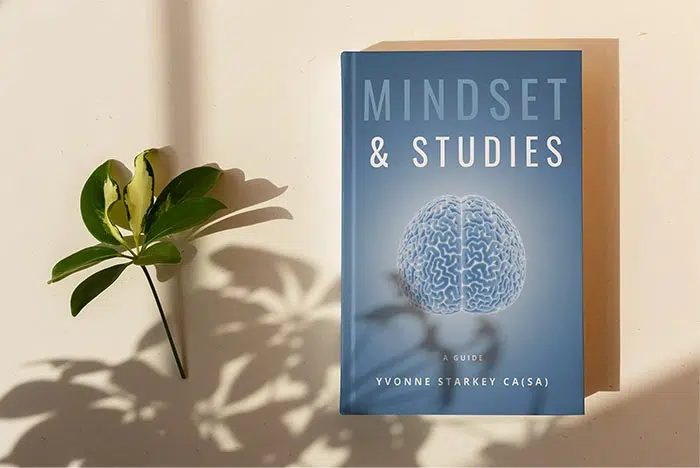



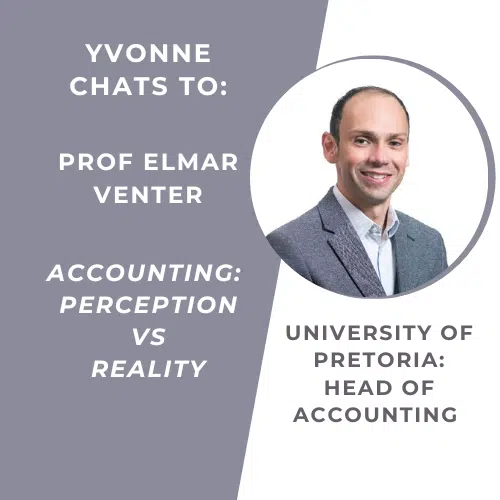

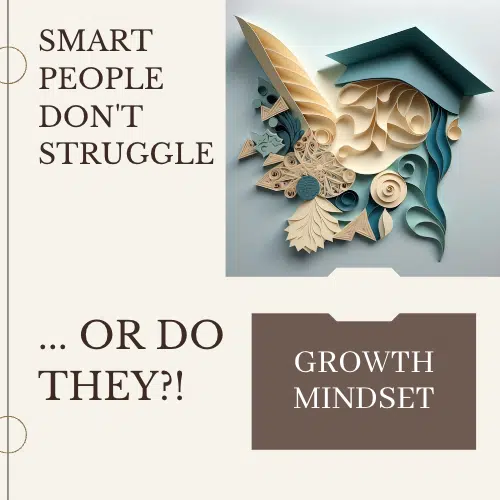

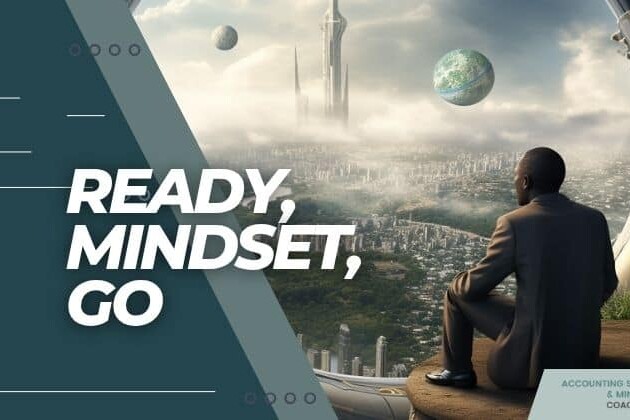



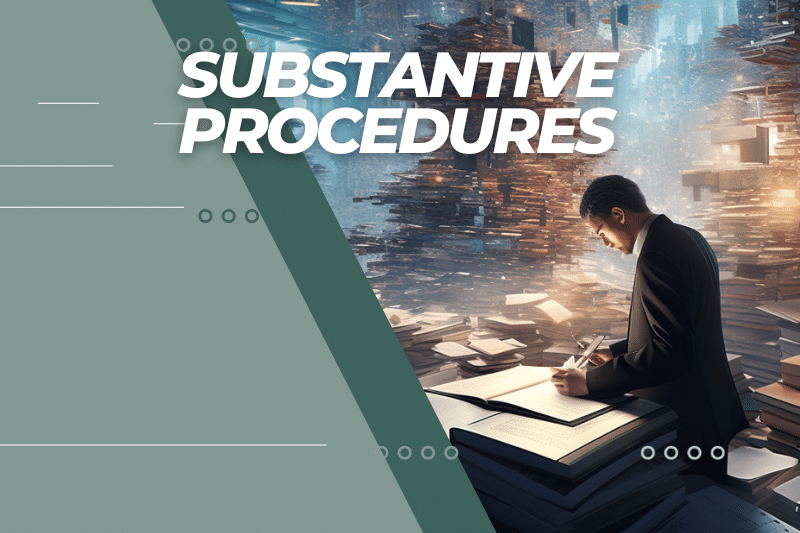

2 Comments
This is indeed a fresh and insightful look on academics, and I truly feel blessed that i stumbled unto your YouTube channel while i was surfing the net for ways to better my learning experience. I am currently in my 2nd year of my Bcom Acc degree and next year i will be in my 3rd. I too, like many am guilty of the things mentioned above e.g failure to realize the transition between High School and University so as a result i was still using the knowledge based approach(just feed my head with content) and not really study to be able to apply it to any given situation or problem, be it known or new. I thank you for this and i sent you an email few days back and you still haven’t gotten back to me but that is alright.
Hi there 🙂
I’m really glad that you’re finding the info valuable. The more we understand about how we feel and think, and WHY, the more we can take control of our actions and decisions.
Yup, I got your email, I’ll respond shortly. I was on leave for most of last week, so I’m still catching up with my emails!